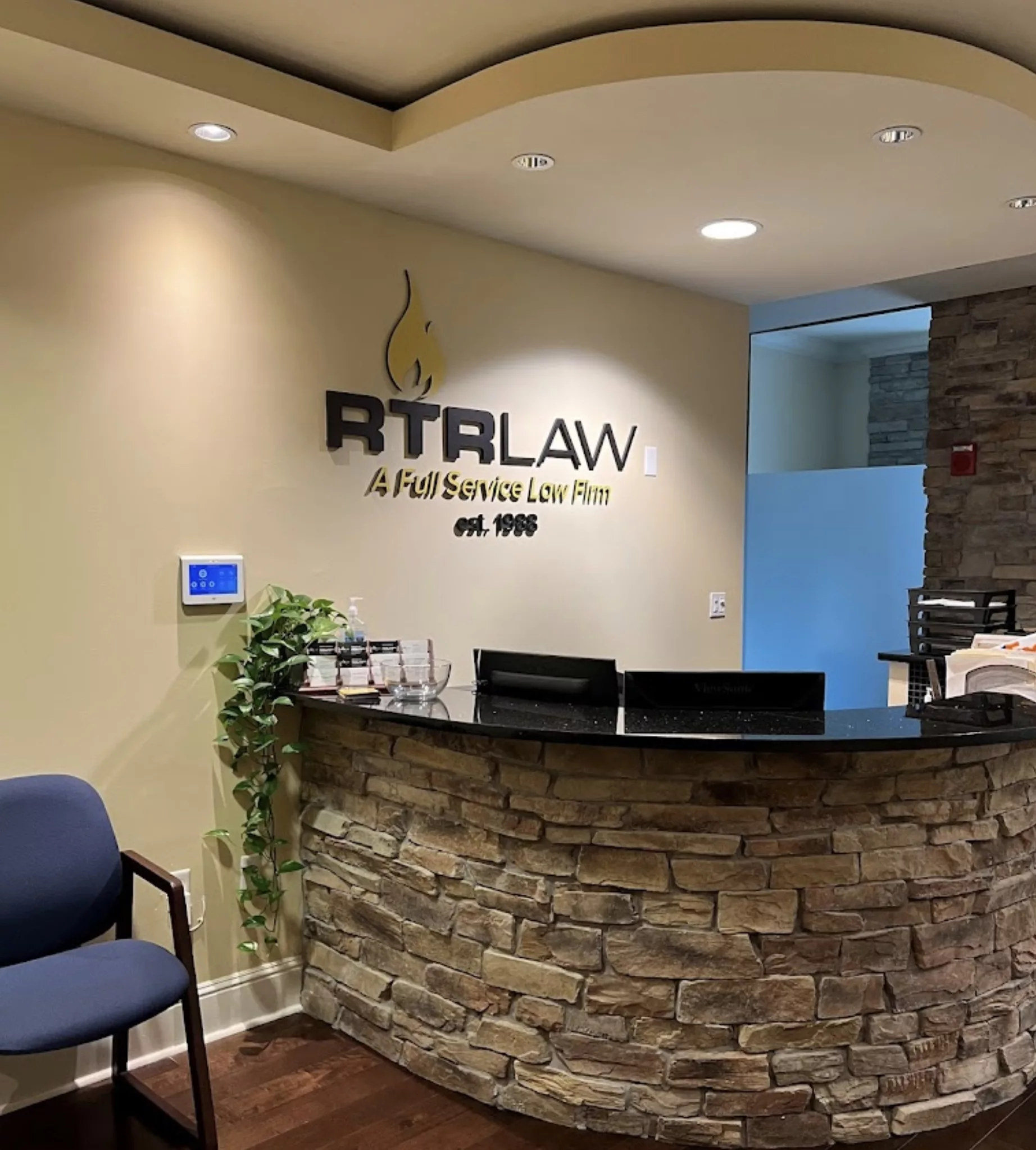Our Dedicated Personal Injury Law Firm Proudly Serves the Legal Needs of Orlando Clients

RTRLAW is a premier, local, dedicated personal injury law firm assisting Orlando residents with their legal needs. RTRLAW was established in 1988 as a personal injury law firm, but is now proud to offer a full range of legal services to our clients. Over the past 35 years, RTRLAW has expanded to provide legal services in multiple locations throughout Florida, including Orlando. If you need help with a legal issue, contact RTRLAW to assist you.
What Types of Legal Services Does Your Orlando Location Offer to Clients?
RTRLAW’s Orlando location offers a wide array of legal services to meet our clients’ needs. Our knowledgeable and experienced attorneys and legal team members ensure clients receive the quality service they deserve. We can assist clients with the following legal matters:
- Personal Injury – If you’ve been injured in a car accident or by another person’s negligence, you may be entitled to file a claim to recover compensation for your injuries. Our personal injury attorneys have a proven track record of success in obtaining the maximum compensation possible for our clients.
- Workers’ Comp – If you’ve been injured on the job or have been denied workers’ comp, our workers’ comp lawyers can fight to get you the benefits you deserve.
Why is a Local Law Firm the Best Choice For My Legal Needs?
Many law firms say they offer complete legal services to potential clients. However, very few of them offer such a variety of practice areas as RTRLAW. One of the most significant advantages of hiring a local Orlando law firm like RTRLAW is our solid working knowledge of the various laws and statutes in the Orlando area, which can make a difference in obtaining a favorable outcome for your case. Additionally, a local law firm like RTRLAW has developed strong relationships with Orlando community members, including other attorneys, medical professionals, and other professionals who can positively impact your case.
Information About the Orlando Court System
Our Orlando office is in Orange County, comprising the Ninth District Circuit Court. The Orange County Courthouse serves the civil court needs of the people of this area. The address is:
- 425 N. Orange Avenue, Orlando, Florida 32801. The courthouse is open Monday through Friday, from 7 a.m. to 5 p.m. You can reach the court by calling (407) 836-2050.
RTRLAW Is Available to Meet in Our Law Office or We Can Come to You
Our legal team members can meet with you in our law office located at 189 S. Orange Ave., Ste. 840, Orlando, FL 32801, to discuss your case. However, we understand that your injuries or other physical conditions may make it difficult to travel to our office. Therefore, we can evaluate your case through online appointments or come to you at your home, workplace, or wherever is most convenient for you.
To visit the RTRLAW office in Orlando:
Directions from I-4:
- Take I-4 and exit at South Garland Avenue for 0.1 mi.
- Turn onto West Church Street for 0.2 mi.
- Arrive at RTRLAW office: 189 S. Orange Ave., Ste. 840, Orlando, FL 32801.
Directions from FL 408:
- Take exit 12A from FL 408.
- Then exit 11A to E. South Street.
- Continue on E. South Street, then take S. Rosalind Ave. and E. Pine St. to E. Church St. for 0.6 mi.
- Use the right lane to turn left onto E. South St. for 0.2 mi.
- Turn right onto S. Rosalind Ave 0.2 mi.
- RTRLAW’s office will be on the left.
Directions From FL 528:
- Take Exit 19 to Innovation Way.
- Turn onto Innovation Way.
- Continue on FL 528, take Exit 4 for Florida’s Turnpike toward US-17/US-92/US-441/Orange Blossom Trail.
- Keep right at the fork and merge onto Florida’s Turnpike for 4.5 mi.
- Exit onto I-4 Express Toll Road 4.4 mi.
- Stay on the I-4 Express Toll road for 2.0 mi.
- Take the exit for S. Garland Ave 0.3 mi.
- At the S. Garland Ave interchange, follow signs for S. Garland Ave. 482 ft.
- Drive to W. Church St., 0.3 mi.
- Stay left to stay on S. Garland Ave. 0.1.
- Turn right onto W. Church St; RTRLAW’s office will be on the left.
Contact Our Law Office Today for a Free Case Review
RTRLAW is a dedicated personal injury law firm available 24 hours a day for your legal needs. Our law office is located in the heart of downtown Orlando in the Central Business District near the Amway Center and the Dr. Phillips Performing Arts Center. We are also conveniently located near beautiful Lake Eola Park, the site of many community events.
Contact us for a free case review by calling (407) 343-5155 or our toll-free number 1-833-HIRE-RTR (1-833-447-3787). A qualified legal team member will be happy to discuss your case and explain your legal options.
Revision History:
- Jan 9, 2026 at 2:51 pm by RTRLAW (displayed above)
- Jan 2, 2026 at 10:02 am by victor
- Jan 2, 2026 at 5:08 am by victor


 CALL US NOW
CALL US NOW TEXT US NOW
TEXT US NOW



























